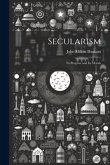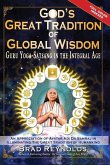"On Human Nature" by Arthur Schopenhauer is a profound philosophical exploration of the fundamental aspects of human existence. In this seminal work, Schopenhauer delves into the complexities of human nature, offering insights into the drives, desires, and motivations that shape human behavior. At the core of Schopenhauer's philosophy is the concept of the will, which he identifies as the driving force behind all human actions. He argues that the will is a primal, irrational force that governs our desires and impulses, often leading to suffering and conflict. Schopenhauer explores a wide range of topics related to human nature, including morality, ethics, love, and the pursuit of happiness. He examines the tensions between reason and emotion, free will and determinism, and the individual and society, shedding light on the perennial questions that have puzzled philosophers for centuries. Throughout the book, Schopenhauer's writing is characterized by its clarity, rigor, and wit. He draws upon a diverse range of sources, from classical philosophy to contemporary literature, to illustrate his arguments and engage readers in a thought-provoking dialogue about the nature of humanity. Despite its pessimistic outlook, "On Human Nature" offers a profound vision of the human condition that resonates with readers seeking to understand the complexities of human existence. Schopenhauer's insights into the depths of human nature continue to inspire philosophical inquiry and introspection, making this book a timeless classic of Western thought.







